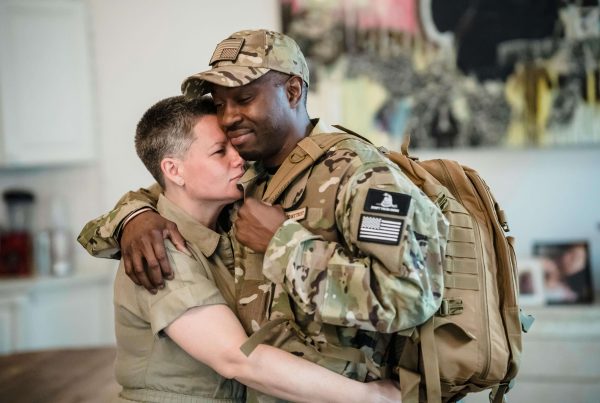When filing a VA disability claim, most Veterans focus on medical records and service documents. But there’s another powerful form of evidence that’s often underestimated: lay evidence. This refers to personal statements from the Veteran or people close to them who can speak to how a condition affects daily life. These testimonies, even from non-medical professionals, can help fill in the gaps and support your claim.
At Veterans Valor, we emphasize the value of strong lay evidence, especially in cases where the medical documentation doesn’t tell the full story. If used correctly, it can make your claim more persuasive—and more likely to succeed.
What Is Lay Evidence?
Lay evidence includes statements from individuals who aren’t medical experts but have first-hand knowledge of your condition. This could include:
You (the Veteran)
Family members or caregivers
Friends or coworkers
Fellow service members
The VA considers this type of evidence as long as it’s competent and credible, meaning it comes from someone who can observe and describe what they’ve personally witnessed.
Why It’s Important
Not all disabilities are visible or well-documented in medical records. Conditions like PTSD, chronic pain, tinnitus, or sleep disturbances often go underreported or misunderstood. Lay evidence adds the human element. It paints a picture of how your disability affects your relationships, your ability to work, your daily routine, or your overall quality of life.
For example:
A spouse might describe how your sleep is constantly disrupted by nightmares
A coworker could share how your chronic back pain makes standing or lifting difficult
A friend may explain how your personality changed after deployment
These insights help the VA understand the real-world impact of your condition.
How to Submit Lay Evidence
Lay evidence is often submitted using VA Form 21-4138 (Statement in Support of Claim), but it can also be a signed letter as long as it includes:
The writer’s name and relationship to you
A clear explanation of what they observed
Specific examples or incidents
A signature and date
It’s helpful if the statement is detailed and consistent with the rest of your claim. At Veterans Valor, we help Veterans and their supporters craft strong, relevant statements that are more likely to be accepted by the VA.
Tips for Effective Lay Statements
Use plain, honest language—no need for technical terms
Be specific about dates, frequency, and changes over time
Avoid exaggeration or vague descriptions
Link observations to how they impact daily life or work
When Lay Evidence Makes the Biggest Impact
Lay evidence can be crucial in:
Claims for mental health conditions like PTSD, anxiety, or depression
Claims for invisible or subjective symptoms such as pain or tinnitus
Appeals and Higher-Level Reviews when trying to correct a denial
Claims where medical documentation is limited or incomplete
Support from Veterans Valor
At Veterans Valor, we help you gather, review, and submit compelling lay evidence that strengthens your claim. We’ll guide you and those close to you in telling the right story, with the right detail, at the right time in the process.
Your voice—and the voices of those around you—matter more than you think. Don’t let the opportunity go unused.



